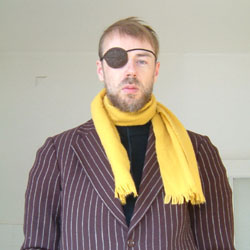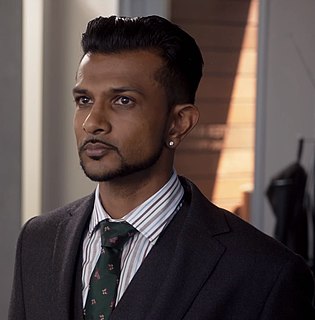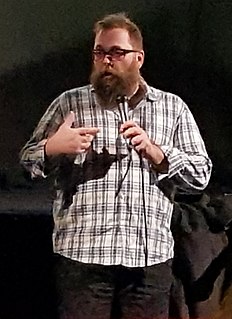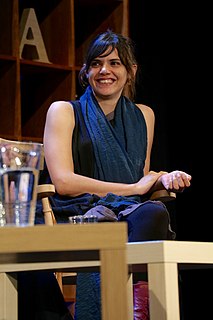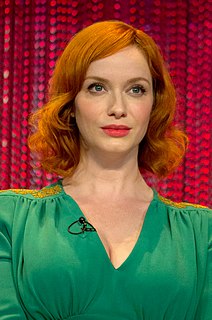A Quote by Judge Reinhold
When you read a play, the words speak to you. When you read a script, there's no way you can tell if that's the way that movie will turn out.
Related Quotes
All modesty aside, I think I'm good at reading scripts. The way I read a script is as fast as I can, all in one sitting, and I don't read many of the stage directions. I only read enough stage directions to let me know where I am, because they're always so verbose and mostly horseshit. So I only read the dialogue, which allows me to see the movie in my mind's eye in real time.
When you tell filthy jokes as if they were all really serious, and happening all in the life of one family, it becomes a farcical situation. Imagine if you had a script that was imposed on your life - we all do in a certain way, from society, or family, the need to make money, biology, death. But you will have a certain latitude, or freedom, to read the script in your own way.
When you start out as an actor, you read a script thinking of it at its best. But that's not usually the case in general, and usually what you have to do is you have to read a script and think of it at its worst. You read it going, "OK, how bad could this be?" first and foremost. You cannot make a good film out of a bad script. You can make a bad film out of a good script, but you can't make a good film out of a bad script.
No one is really a method actor, everyone has their way of going about it, preparing for it, but method is preparation, it's what you do to prepare. So my method is to read the script. Some actors' method is to read the script a hundred times and in the doing of it, to immerse themselves in as much of the reality as possible. Me, I believe strictly in acting. If I am out of breath, I'm out of breath. I ain't running nowhere.
It just so happened that my agent called and said, 'There's this movie 'Pitch Perfect.' Here are the sides.' I think I originally read for Bumper, because Donald didn't have much in the script, so I read all Bumper's lines. I beatboxed for them, because that's what my character was supposed to do. And then I was like, 'By the way, I rap.'
I read the script for 'Somnia' when I was filming 'Oculus,' and I remember calling my manager going, 'I really need to do this movie,' and he's like, 'How about you finish this one first and then you see it?' I was like, 'I don't need to. I don't need to. You need to read this. I need to do this movie. The script is very good.'
I can get by and chatter and talk and tell funny stories, make people laugh, but I don't have as many words, I don't have the vocabulary. I think if I forced myself to read in Spanish - you know, I always say I'm going to, but I lose my patience reading in Spanish, because I really do read the way a third grader does, mouthing the words. That takes a long time!
Cities have often been compared to language: you can read a city, it's said, as you read a book. But the metaphor can be inverted. The journeys we make during the reading of a book trace out, in some way, the private spaces we inhabit. There are texts that will always be our dead-end streets; fragments that will be bridges; words that will be like the scaffolding that protects fragile constructions.
I think it took me seven years before I got the script for 'Frozen River.' That's the movie I had been looking for my whole career. When I read that, I knew I had to shoot that movie - that it'd be a game-changer. It was one of those scripts where I read it, and I was like, 'This movie could get into Sundance.'
Normally my process is to sit in a room and read a script and talk about it and ask questions and just create a dialogue. That goes all the way through shooting. All kinds of thoughts and ideas can find their way in there. As long as you're all on - We're just all trying to tell the story so my job as a director is just to find out what this film wants to be based on, it's just words on a page at some point but then it just needs to go to some level of believable storytelling. I'm discovering the film as I make it, to some degree.



